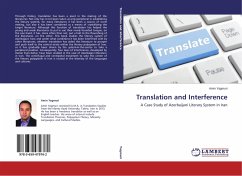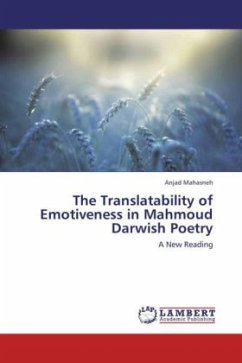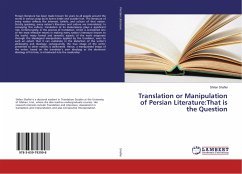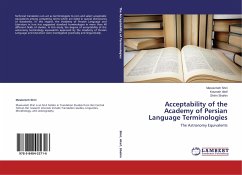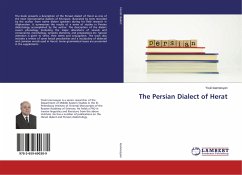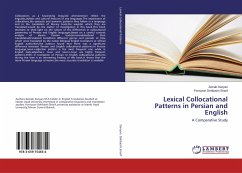Through history, translation has been a pivot in the making of the literatures. Not only has it not been taken as only peripheral in establishing the literary systems, for many literatures it has been a source of norm making, but also it has been considered as a means of crystallizing the target literature. Although this function of translation has helped the young and weak literatures to put in use their newly founded tongue, on the one hand, it has, more often than not, put a halt to the flourishing of the literatures, on the other. This book studies the literary system of Azerbaijani; how and under what conditions it has been interfered with by other literatures, whether translation has aided this literature to prosper and push itself to the central strata within the literary polysystem of Iran, or it has gradually been driven by the system-in-the-center to take a peripheral position. Consequently, four laws of interference, developed by Itamar Even-Zohar, have been studied inthe case of Azerbaijani literature in Iran. The centrifugal and centripetal movement to take the center of the literary polysystem in Iran is routed in the diversity of the languages and cultures.
Bitte wählen Sie Ihr Anliegen aus.
Rechnungen
Retourenschein anfordern
Bestellstatus
Storno

